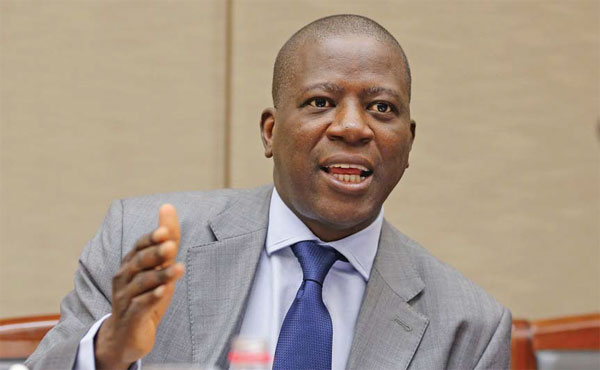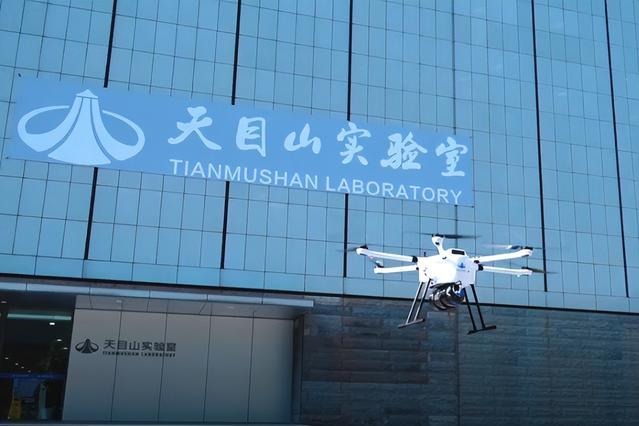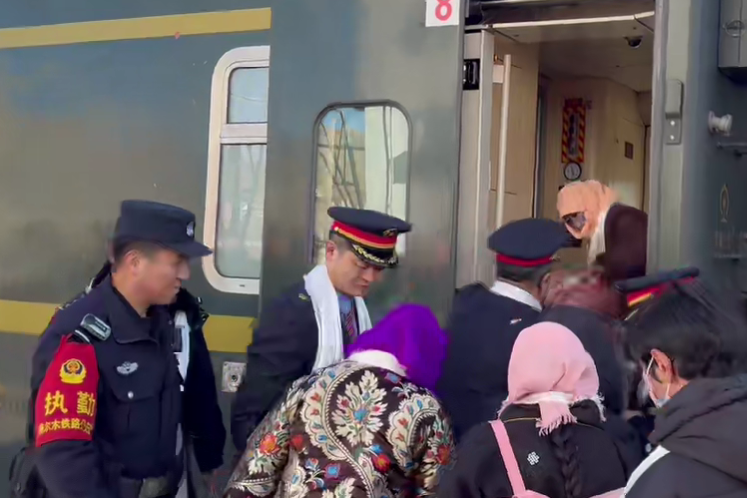Cookie-cutter approach won't work

Former Sierra Leone energy minister says the issues of countries like his need to be examined on an individual basis
Oluniyi Robbin-Coker, the charismatic former Sierra Leone energy minister, believes Africans need to have the confidence to chart their own future direction.
Now a businessman, he insists countries like his, which suffered a bitter civil war in the 1990s and a recent Ebola epidemic that killed about 4,000 people, do not fit easily into best practice models imposed on them by such Washington institutions as the World Bank and the International Monetary Fund.
"You have a lot of good quality people in these institutions but you also have a lot of others who are not particularly bright who have this cookie-cutter approach," he says.
| Oluniyi Robbin-Coker, former Sierra Leone energy minister, says African governments need to learn to work and partner with various parties. Wang Zhuangfei / China Daily |
"There is no place on earth where you have had a civil war followed by a public health emergency. You cannot solve our problems that way."
Robbin-Coker, a youthful 49 and now chairman of the Sierra Leone Investment and Export Agency, was speaking in the lobby of the White Swan Hotel in Guangzhou at the end of the recent 2nd Investing in Africa Forum.
He says the fact the forum was jointly organized by the World Bank, as well as the Guangdong municipal government and China Development Bank - the China policy bank which funds many infrastructure projects on the continent - partly held the key to Africa's development.
"African governments need to learn to work and partner with all these various parties and not just one," he says.
He says that one country that has succeeded in doing this is Rwanda, which lost up to a million of its citizens in the genocide of the 1990s but under President Paul Kagame has forged one of the most successful development models of any African country.
"They have a very clear agenda and they don't compromise it easily. They say to outside institutions and others that if they want to subscribe, they can come on board and join their train and help them move forward but tell them at the same time not to get in the way," he says.

"Not all countries have that kind of agency. You need to be clear about pursuing what you want, whether you are dealing with China, India, the IMF, the World Bank or the African Development Bank."
Robbin-Coker says China, with its massive investment in infrastructure and other projects, has brought a new dimension to African development.
One of the biggest Chinese investors in Sierra Leone is Shandong Iron and Steel, which acquired the Tonkolili iron ore mine, the second-largest in Africa, last year. Iron ore is vital for the Sierra Leone economy, accounting for 60 percent of exports in 2013.
The company now also has financial involvement with other parties in a $2 billion infrastructure investment, which includes a 200 km railway line and port redevelopment
"I wouldn't say it is easier dealing with the Chinese than the World Bank, but you are more likely to get results more quickly with Chinese institutions than the World Bank. And I say this having worked for the World Bank myself," he says.
Robbin-Coker was born in Newcastle upon Tyne in the UK, where his father was training to be a doctor and his mother was studying at Durham University.
He was subsequently brought up in Sierra Leone but attended sixth form in the UK at Framlingham, the Norfolk public school.
After completing a degree in economics and sociology at the University of Surrey, he attended Cranfield School of Management in the late 1990s.
He later went on to work for Citigroup in New York in a number of executive roles.
His initial involvement with the World Bank came when he was working as the founding executive director of the Sierra Leone Business Forum, on loan from the Washington offices of the International Finance Corporation, which comes under the bank.
He then worked in the office of President Ernest Bai Koroma as an adviser on the private sector.
This led to him being promoted to the key position of minister of energy and water resources in 2012, although he was "relieved of his duties" two years later.
Robbin-Coker says the president wanted to make a change because he did not feel there was sufficient coordination between his own office and those in charge of the energy sector. He was one of five who went.
"It is the prerogative of the president to relieve the team of their duties. (My) continued participation in supporting his administration speaks to the fact it was issue-based and nothing else," he says.
The former politician believes that Koroma, who is due to step down next year, has had a positive agenda for Sierra Leone since becoming president in 2007.
"He came with a real agenda to develop. He is a businessman with a background in insurance. He wanted to build infrastructure, attract private-sector investment and grow the economy."
The economy, which was growing at 35 percent in 2013, was, however, severely hit by the collapse of iron ore prices and then by the Ebola epidemic, which proved to be a public health disaster. The economic effects of this were also devastating, with the economy contracting by 23 percent in 2015.
"Even now I can hardly bring myself to say that name. It is not something for a society to easily recover from," he says.
Robbin-Coker remains active in the energy sector, since he believes power generation is one of the keys to developing the Sierra Leone economy and that of West Africa generally.
He also believes Chinese investment could play a major role in facilitating this and it was one of the reasons for him attending the Guangzhou forum.
"I have come to China to seek further cooperation with the Chinese authorities, especially in financing small and medium-sized enterprises and also to solicit game-changing investments," he says.
One of the challenges in Sierra Leone is addressing extreme poverty, with 60 percent of the population living in villages and only one-fifth of the population having access to electricity.
"It is still a very agrarian society. People live off the land. Nobody builds mud huts anymore. Most houses are made of compressed laterite bricks," he says.
"Most families have someone who has gone to work in the city who has brought back money to buy a small generator so they can run a small TV, if they wish. Proper access to water remains a top priority for the government."
Robbin-Coker is not sure how the conventional development models, revolving around developing a manufacturing base as a key step in advancing, will work for a country like Sierra Leone.
"One of the big questions is the impact of robotics. I think it actually might be quite good for us. We can then focus on the primary sector because robots won't cultivate the land anytime soon. They will not do too well in food processing either. Where we have robots, we could have a service sector maintaining them and the computers."
The former minister says he believes everyone has a vested interest in the success of Africa because it could be a key driver of the world economy over the next century.
"As African economies grow, so will their spending power, which means whether you are a European, Chinese, Indian or Vietnamese business, you have more markets to pursue. I think there is a convergence of everybody's interest there."
andrewmoody@chinadaily.com.cn
(China Daily Africa Weekly 11/04/2016 page32)
Today's Top News
- Evidence mounts of Japan's wartime atrocities
- Gunmen kill 11, wound many on Sydney beach
- Study finds Earth's deep water reservoirs
- China remembers victims of Nanjing Massacre 88 years on
- Philippines' provocations will avail it nothing: China Daily editorial
- China steps up financial support to spur consumption































